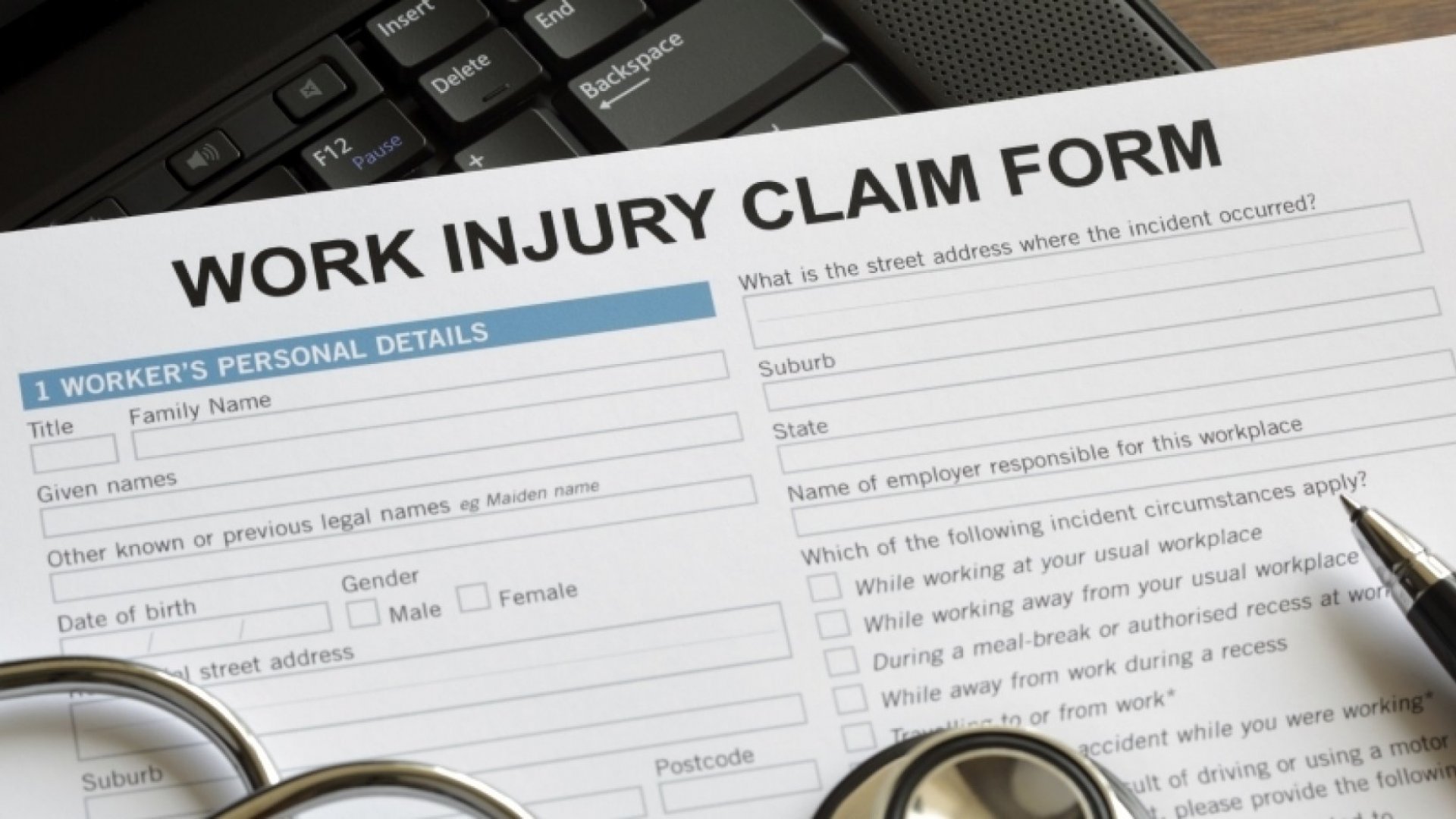In life, accidents happen, and when they do, it’s essential to know your rights and responsibilities when filing an injury claim. However, navigating the legal process can be daunting, especially when there are common pitfalls that can jeopardize your claim. Here are some crucial mistakes to avoid to ensure a smoother path to compensation.
1. Choosing the Right Attorney
The journey of filing an injury claim starts with selecting the right attorney. Many individuals make the mistake of not thoroughly researching their options or hiring an attorney who lacks experience in personal injury law. It’s crucial to find a qualified attorney with a track record of success in handling similar cases.
2. Understanding the Statute of Limitations
One of the most critical aspects of filing an injury claim is understanding the statute of limitations. This legal timeframe varies depending on the type of injury and jurisdiction. Missing the deadline can result in your claim being dismissed, leaving you without recourse for compensation.
3. Providing Inaccurate Information
Honesty is paramount when filing an injury claim. Providing false or inaccurate information can undermine your credibility and weaken your case. It’s essential to be truthful and forthcoming about the details surrounding your injury.
4. Failure to Seek Medical Treatment
After sustaining an injury, seeking prompt medical attention is crucial not only for your health but also for your claim. Failing to seek treatment immediately can raise doubts about the severity of your injuries and their connection to the accident.
5. Neglecting to Document Evidence
Documenting evidence is vital in supporting your injury claim. This includes gathering photographs, witness statements, medical records, and any other relevant documentation that can strengthen your case. Failing to collect evidence promptly can weaken your claim.
6. Communicating with Insurance Companies
Dealing with insurance adjusters can be intimidating, but it’s essential to be cautious when communicating with them. Consulting with an attorney before speaking to insurers can help protect your rights and ensure that you don’t inadvertently say or do anything that could harm your claim.
7. Accepting the First Settlement Offer
While it may be tempting to accept the first settlement offer, it’s essential to resist the urge. Often, initial offers are lowball figures intended to minimize the insurer’s payout. Negotiating for fair compensation with the help of your attorney is crucial.
8. Not Understanding the Full Extent of Damages
Injury claims involve various types of damages, including economic and non-economic losses. It’s essential to understand the full extent of your damages to ensure that you receive fair compensation for your injuries, medical expenses, lost wages, and pain and suffering.
9. Signing Documents Without Understanding
Before signing any documents related to your injury claim, it’s crucial to review them carefully and ensure that you understand their contents fully. Signing without comprehension can lead to unintended consequences or waive important rights.
10. Ignoring Legal Advice
Your attorney is your advocate throughout the injury claims process. Ignoring their advice or making decisions without consulting them can undermine your case and reduce your chances of success. It’s essential to heed their guidance and trust their expertise.
11. Missing Deadlines or Court Dates
Missing deadlines or court appearances can have serious consequences for your injury claim. It’s vital to stay organized and keep track of all important dates to avoid jeopardizing your case.
12. Settling Too Quickly
Rushing to settle your injury claim may result in accepting less compensation than you deserve. It’s essential to carefully consider all offers and consult with your attorney to determine the best course of action for your case.
13. Failing to Keep Records
Keeping detailed records of all communication and expenses related to your injury claim is essential for building a strong case. Failure to maintain organized records can make it challenging to prove your damages and may weaken your claim.
Conclusion
Filing an injury claim can be a complex and challenging process, but avoiding common mistakes can significantly increase your chances of success. By choosing the right attorney, understanding your rights, and being diligent throughout the process, you can maximize your chances of receiving fair compensation for your injuries.
FAQs
- What should I do immediately after an accident?
- Seek medical attention, gather evidence, and consult with a personal injury attorney.
- How long do I have to file an injury claim?
- The statute of limitations varies by jurisdiction and type of injury, but it’s essential to act promptly to avoid missing deadlines.
- Can I handle my injury claim without an attorney?
- While it’s possible, it’s not recommended. An experienced attorney can navigate the legal process and advocate for your rights effectively.
- What if the insurance company denies my claim?
- Your attorney can appeal the decision and negotiate with the insurer on your behalf to seek a fair resolution.
- How much compensation can I expect for my injury claim?
- The amount of compensation depends on various factors, including the severity of your injuries, medical expenses, lost wages, and pain and suffering.
